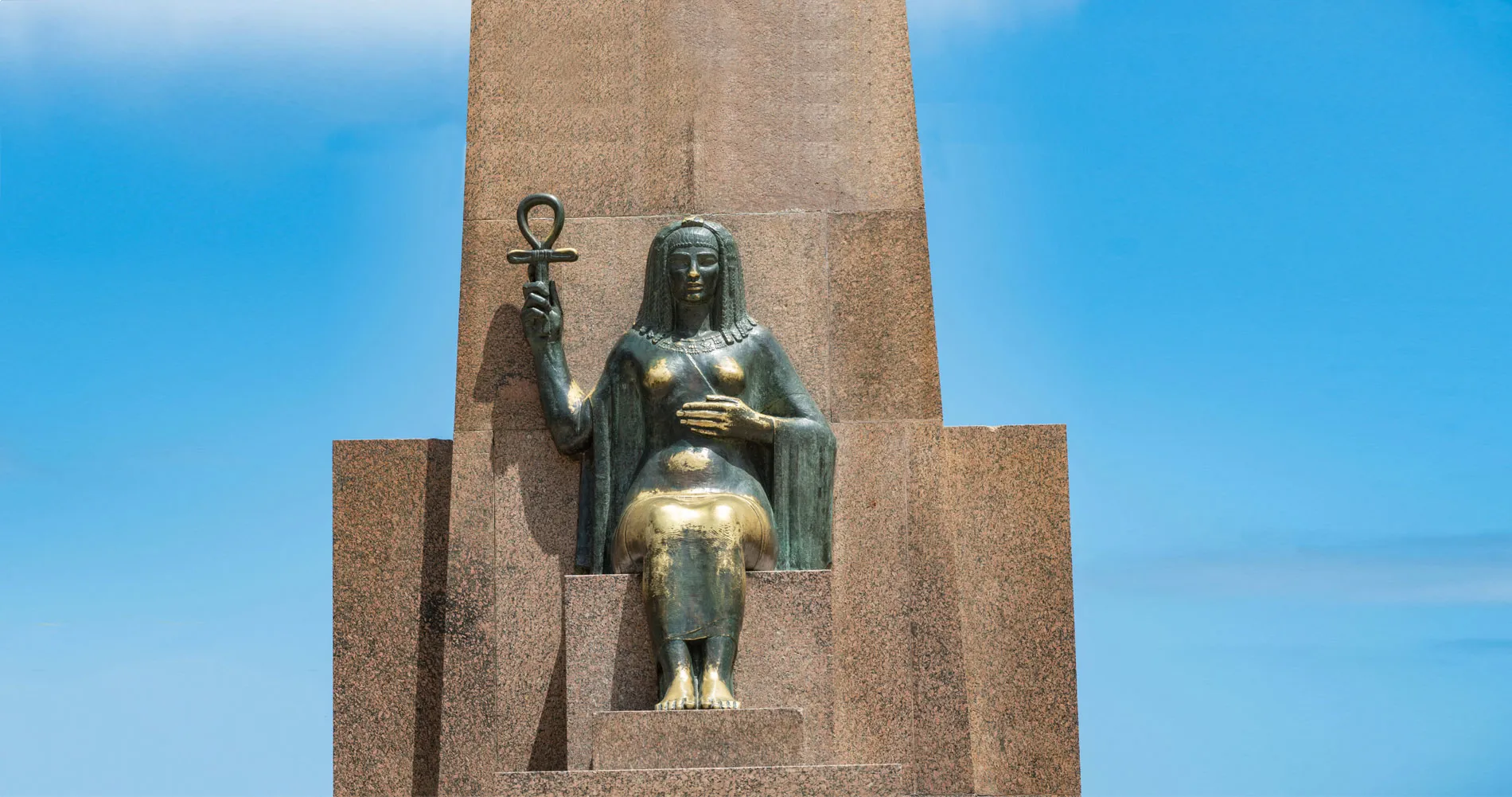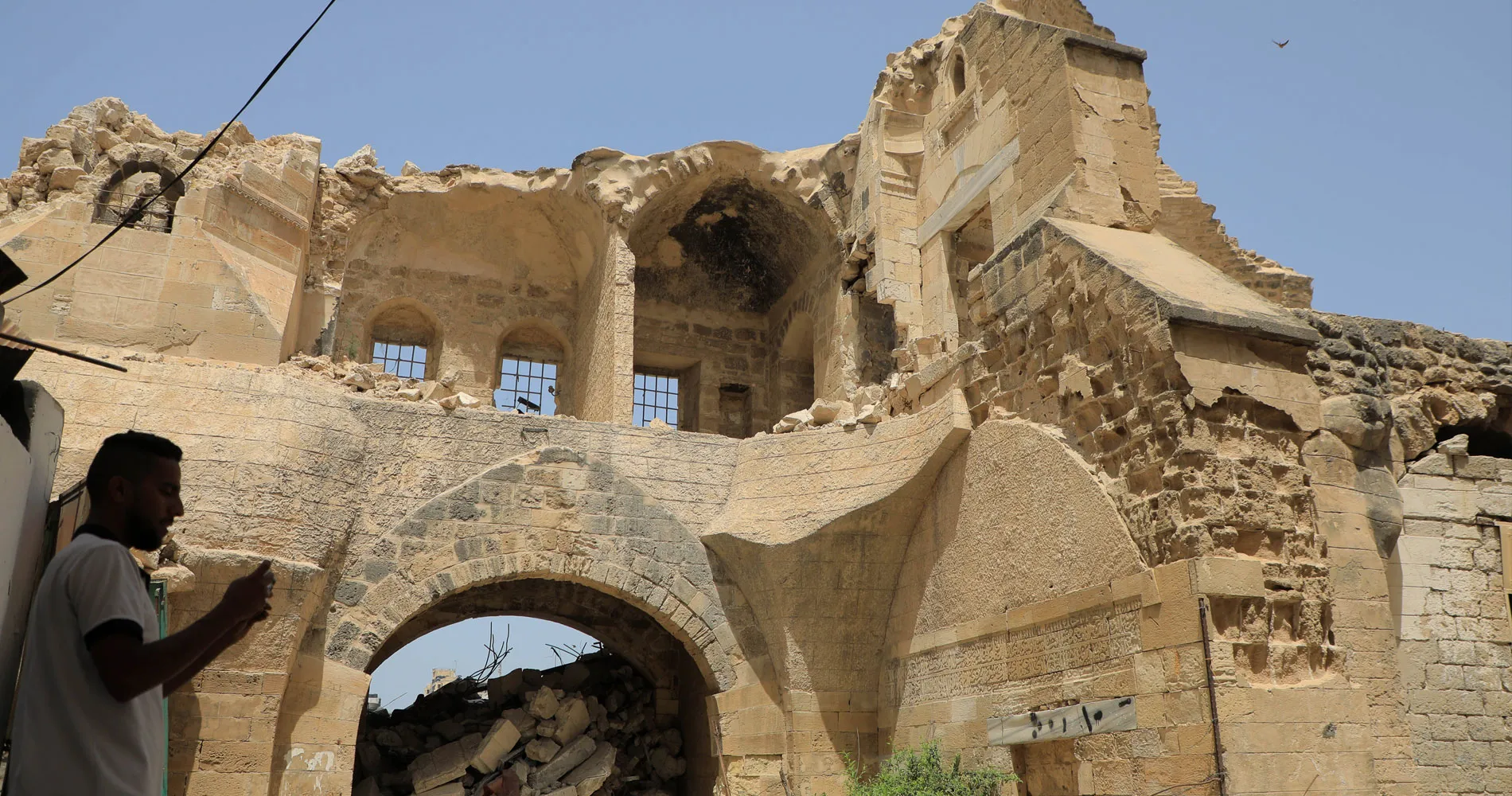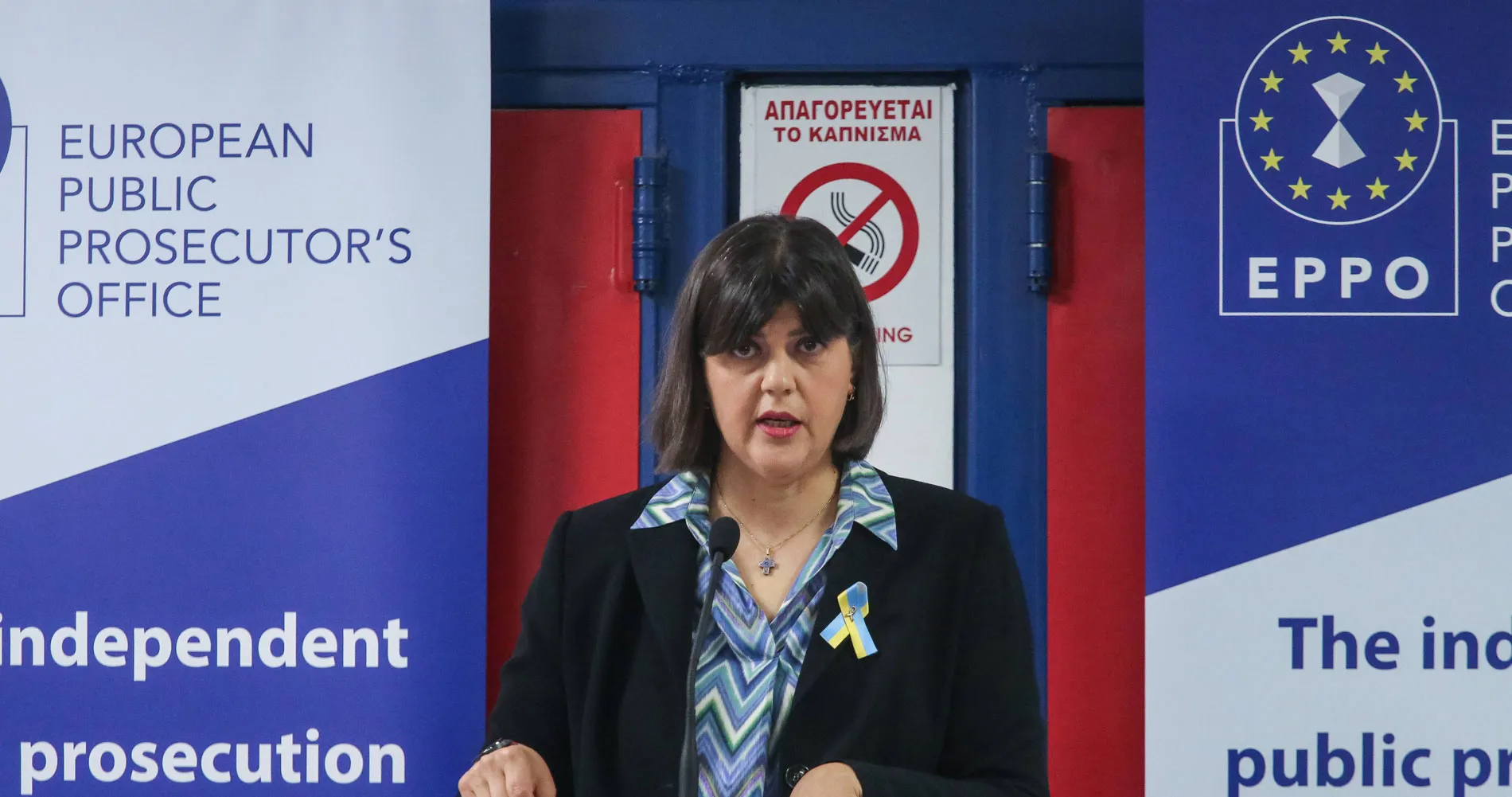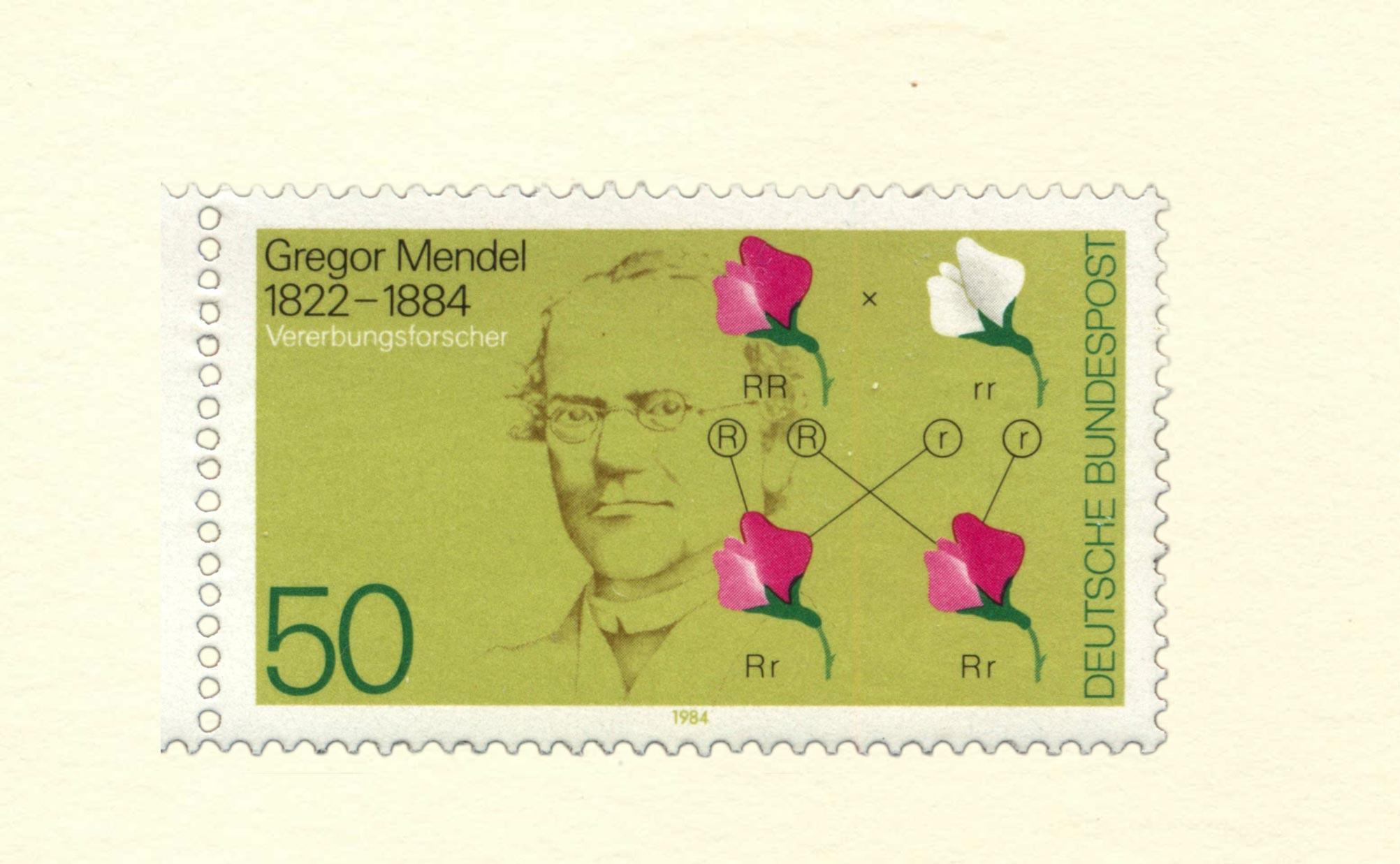Hypatia, a renowned scholar of philosophy, mathematics and astronomy, was assassinated in 415 AD in Alexandria, Egypt. Her work laid the foundations for modern astronomy. She defied societal norms of the time, and lived an extraordinary life, dedicated to the pursuit of education and reason. Her death was the direct result of fake news. A violent mob executed her publicly.
Alexandra Winterstein
28 April 2025
French version | German version
The decline of the western Roman Empire was a drawn-out process. It decayed both from within and from the incessant battles with and incursions of the Goths which began in 376 AD. Edward Gibbon (1737-1794), the preeminent scholar on the decline of Rome, maintains that a major reason for this decline was Emperor Constantine’s conversion to Catholicism, subsequently causing the purging and fleeing to the East of other Christian sects. In 476 AD the Western Roman Empire came to an end.
The city of Alexandria, part of the Eastern Roman Empire, was a hotbed of intellectual activity in the ancient world of the 4th century AD. It was a civilization that had been a key player in the region for over 4000 years. Alexander The Great had conquered this land in the 4th century BC and created a new city in his name that embraced Roman, Hellenic and Egyptian culture and style. Alexandria was a focal point of social and intellectual exchange, not least because of its famous library which was destroyed in a fire during the reign of Julius Ceasar.
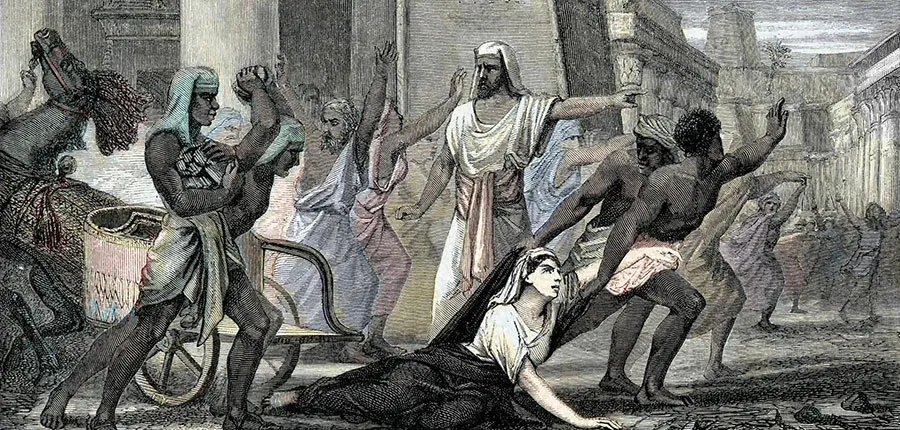 “Death of the philosopher Hypatia, in Alexandria”. This particular version is from the book Vies des savants illustres, depuis l’antiquité jusqu’au dix-neuvième siècle , by Louis Figuier, first published 1866. However, this image earlier appeared in the journal Le Voleur Illustre, number 475, 7 December 1865 © By Unknown author – WELT, 2019, Public Domain, https://commons.wikimedia.org/w/index.php?curid=79593109
“Death of the philosopher Hypatia, in Alexandria”. This particular version is from the book Vies des savants illustres, depuis l’antiquité jusqu’au dix-neuvième siècle , by Louis Figuier, first published 1866. However, this image earlier appeared in the journal Le Voleur Illustre, number 475, 7 December 1865 © By Unknown author – WELT, 2019, Public Domain, https://commons.wikimedia.org/w/index.php?curid=79593109
Hypatia of Alexandria (c. 358 AD) was a pioneering Greek scholar, orator and lecturer who relentlessly defended the pursuit of knowledge, truth and wisdom. Born during a time of violent conflict among Christians, Jews and pagans, she fell victim to the spread of fake news and religious zealots.
The zeitgeist today is not unlike the period during Hypatia’s lifetime. The ongoing war in Gaza has led to an increase in antisemitism and islamophobia with worldwide protests in support of the Palestinians and severe crackdowns against these. What can we learn from Hypathia’s tragic story?
While many aspects of her daily life remain shrouded in mystery, the fragments of facts available paint a vivid picture of her character. Hypatia was the daughter of Theon of Alexandria, a well-known philosopher and mathematician. She ran her own school of philosophy and was a proponent of Neoplatonism, a metaphysical framework that posits the unity of all existence and the soul’s ascent towards the divine. Her profound intellectual reputation attracted an international group of scholars from North Africa to the Mediterranean countries who sought to study under her guidance. Her students included Christians and non-Christians alike. She welcomed all, regardless of religion or social status. Among her followers were prominent politicians and religious figures of the time, including Synesius, who would later become Bishop of Ptolemais, and Orestes, Alexandria’s Roman prefect. It was said that her students loved and valued her.
Drawing on Greek thought and Egyptian wisdom, Hypatia made groundbreaking advances in mathematical calculations and algebra. Among her enduring achievements was the editing of the works of Euclid, Apollonius, Diophantus and Ptolemy, into a language that was more easily understood. Her commentaries, particularly those on astronomy, stand as a testament to her intellectual genius.
She was involved in the design and construction of a range of mechanical instruments. These devices included astrolabes, which were crucial for astronomical observations, as well as hydrometers, which were used to determine the relative density of liquids. Her important contributions to mathematics and astronomy laid the groundwork for the development of future advancements in modern astronomy.
Hypatia led a remarkable life, far removed from the typical conventions for her time. In a society where women’s roles were often defined by their relationships to men, Hypatia’s decision to remain celibate and unmarried was both radical and revolutionary. She was committed to dedicating her life to her scientific work.
Unfortunately, Hypatia’s brilliance had an Achilles’ heel that would ultimately lead to her tragic end. In 415 AD, during a period of intensified religious tension between Christians and pagans, Hypatia found herself in the midst of zealots. Peter the Lector, a fanatical Christian, enflamed anti-Hypatia mobs, exploiting false rumors that Hypatia was responsible for inciting a feud between her friend Orestes and Bishop Cyril, a prominent Christian leader. The fake-news nature of these rumors led to a tragic act of violence. Hypatia was seized by the mob, dragged through the streets of Alexandria and brutally murdered.
Her untimely death underscores the perils of unbridled religious fervor and the imperative for safeguarding freedom of speech.
Hypatia’s life underscores the necessity of fostering environments where intellectual growth can thrive, undeterred by bias or fake news. Her death is grim example of how fake news and religious extremism divide societies and kills those who do not conform.
Hypatia’s legacy remains relevant, not only for women and scholars, but also for humanity.


